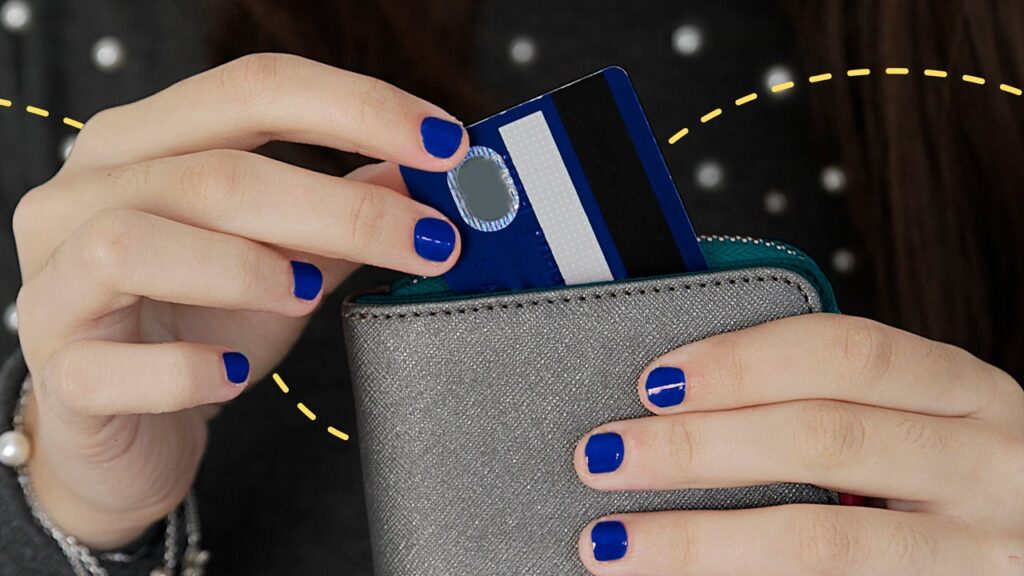Key takeaways
- Actively using a credit card responsibly can help improve your credit score over time.
- Using your credit card like a debit card, and only charging what you can afford to pay in cash, can help prevent long-term debt.
- Consider keeping your oldest credit card open to maintain a longer credit history and lower credit utilization ratio.
Having a credit card is a significant responsibility that should not be taken lightly. While it can help build your credit score, it can also lead to long-term debt if not managed properly.
Before using your new credit card, it’s essential to have a plan in place to maximize its benefits without risking your financial stability.
If you’re new to using a credit card and want to leverage it to build a better financial future, here are seven tips for beginners:
1. Set up autopay
Paying your credit card bills on time is crucial for building good credit. Setting up autopay for at least the minimum monthly payment can help you avoid late fees and negative impacts on your credit score.
Even if you plan to pay your full balance each month, having autopay as a backup can prevent missed payments.
2. Use your credit card like a debit card
Avoid carrying a balance on your credit card to prevent high-interest charges. Use it only for purchases you can afford to pay for with cash to enjoy the benefits without accumulating debt.
Managing your credit card like a debit card involves planned purchases and staying within your budget.
3. Only carry a balance during your card’s intro APR period
If you need to split payments for a large expense, consider a credit card with an introductory 0% APR offer. Pay off the balance before the introductory period ends to avoid accruing interest.
4. Keep your credit utilization below 30%
Maintaining a low credit utilization ratio is essential for a healthy credit score. Keeping your balance below 30% of your available credit limit can positively impact your credit score.
5. Know when to upgrade
Track your credit score and upgrade to a better credit card when your score improves. Upgrading to a card with better rewards and benefits can enhance your financial management.
6. Define your rewards strategy
Create a rewards strategy that aligns with your financial goals. Use your credit card for purchases you can pay off and choose a card that offers rewards that suit your lifestyle.
7. Reconsider canceling your card
Think twice before canceling a credit card, as it can impact your credit score. Consider downgrading to a no-annual-fee option instead of closing the account.
The bottom line
Using a credit card wisely is key to building good credit. By following these tips and managing your card responsibly, you can improve your credit score over time while enjoying the benefits of credit.

